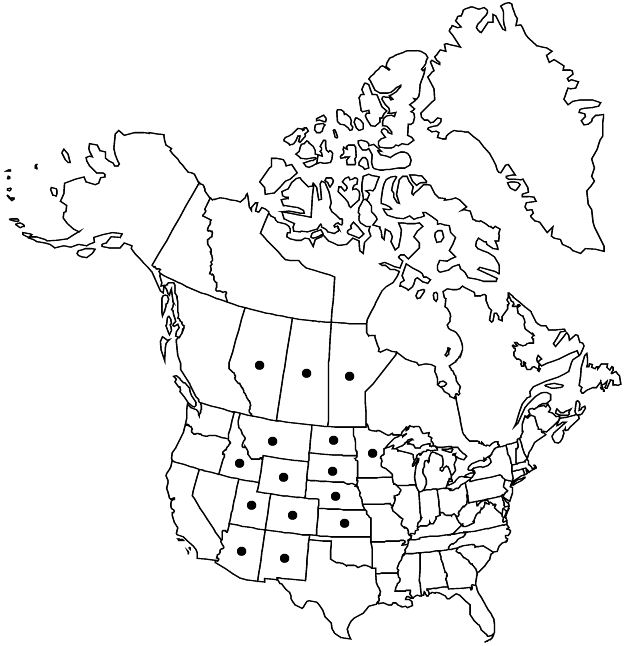Viola nuttallii
Fl. Amer. Sept. 1: 174. 1813.
Plants perennial, caulescent, not stoloniferous, 2–27 cm. Stems 1–6, ascending to erect, leafy proximally and distally, ca. 1/2 subterranean, puberulent, on caudex from usually vertical, subligneous rhizome. Leaves basal and cauline; basal: 1–6; stipules adnate to petiole, forming 2 linear-lanceolate wings, margins entire, apex of each wing free, acute, few-toothed or lobed; petiole 2–17 cm, glabrous or minutely puberulent; blade lanceolate, ovate, or elliptic, 1–9 × 0.6–2.5 cm, base attenuate, margins entire or serrulate, sometimes sinuate, ciliate, apex acute to obtuse, mucronulate, surfaces glabrous or puberulent; cauline similar to basal except: stipules adnate to or free from petiole, linear to linear-lanceolate or linear-oblong, sometimes leaflike, margins usually entire, rarely laciniate or glandular, apex acute to acuminate; petiole 2–7 cm; blade 1.4–7.2(–10) × 1.1–2.3 cm, length 1.3–4.4 times width, apex acute. Peduncles 3–13 cm, glabrous or puberulent. Flowers: sepals linear-lanceolate, margins eciliate, auricles 0.5–1 mm; petals deep lemon-yellow adaxially or on both surfaces, upper 2 often brownish purple abaxially, lower 3 dark brown- to brownish purple-veined, lateral 2 sparsely bearded, lowest 6–13 mm, spur yellow, gibbous, 0.5–1.5 mm; style head bearded; cleistogamous flowers axillary. Capsules subglobose to ovoid, 4–10 mm, usually glabrous, rarely finely puberulent. Seeds medium brown, 2–3.2 mm, elaiosome extending over 1/3 length of seed and completely covering funiculus. 2n = 24.
Phenology: Flowering Apr–Jun.
Habitat: Sagebrush flats, prairie grasslands, dry stream banks, juniper woodlands, scree slopes
Elevation: 400–2600 m
Distribution

Alta., Man., Sask., Ariz., Colo., Idaho, Kans., Minn., Mont., Nebr., N.Mex., N.Dak., S.Dak., Utah, Wyo.
Discussion
D. M. Fabijan et al. (1987) stated that Viola nuttallii showed no evidence of hybridization even when growing with V. vallicola east of the Rocky Mountains.
Selected References
None.